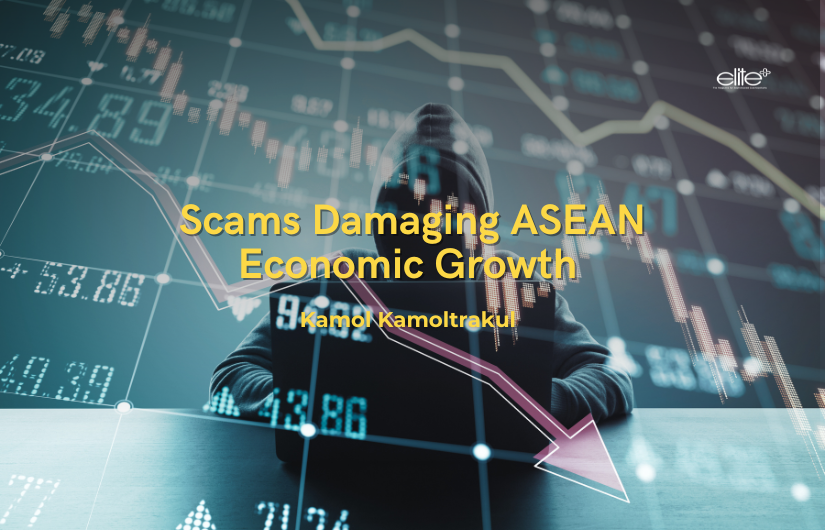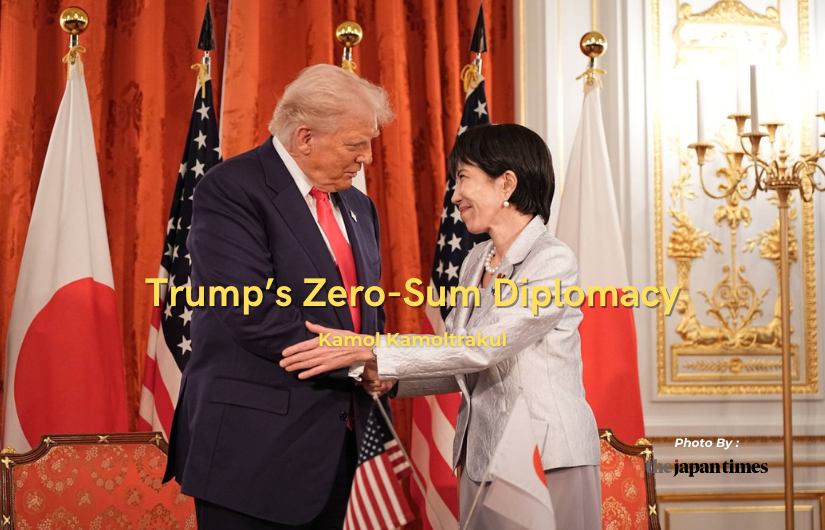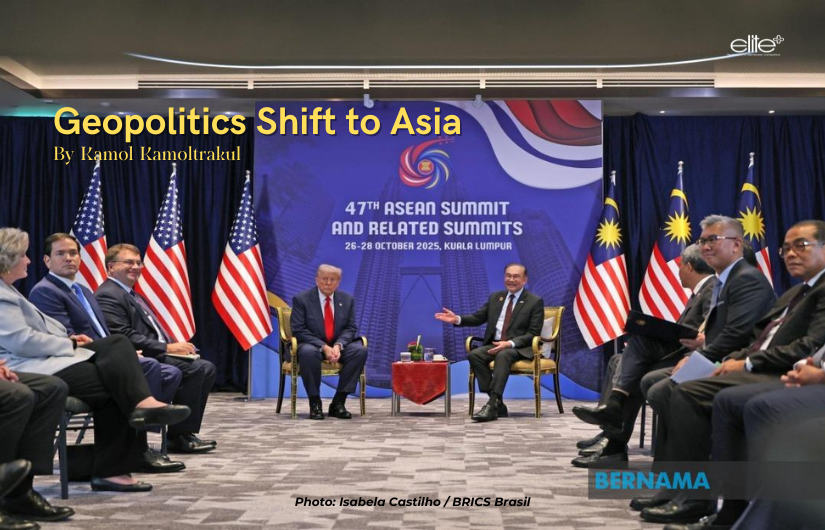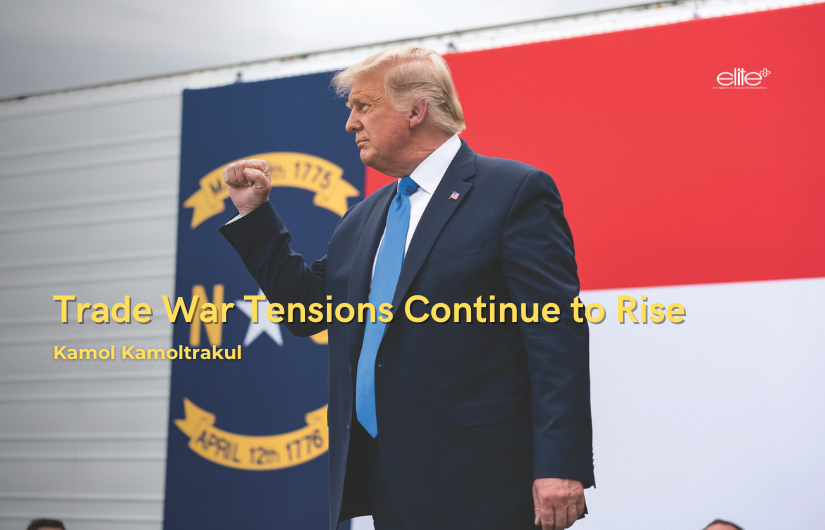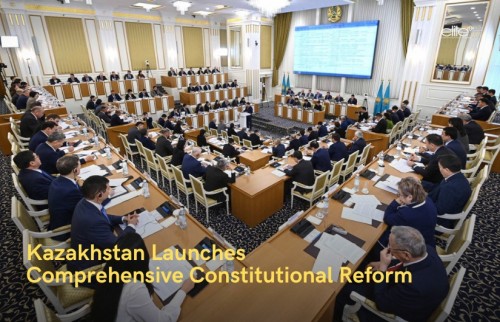CEOs Can Shape Global Outcomes
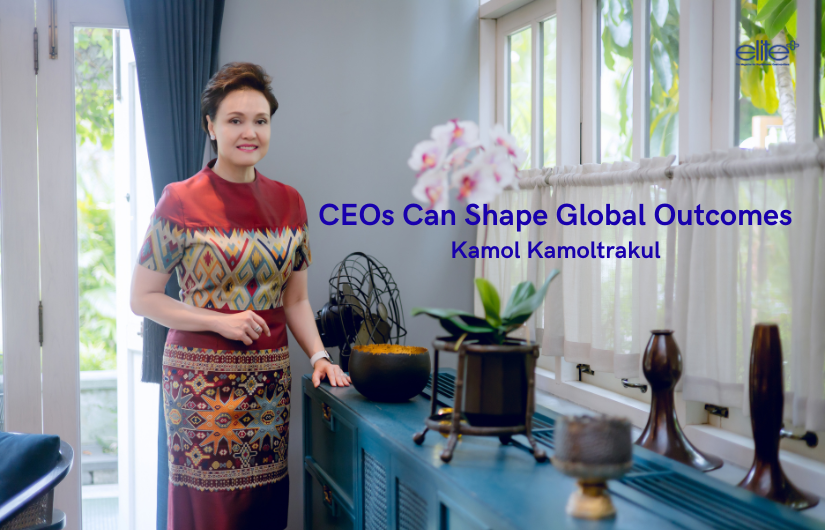
Singapore is redefining the role of CEOs to be “architects of change” as they work to shape global outcomes in an increasingly fragmented world. In general, CEOs are instrumental in transforming a corporation from a concept into a tangible practice, and by embedding their corporate culture and operations, they can drive their business success and profit.
Now, though, Singapore’s defence minister, Chan Chun Sing, who is also coordinating minister for Public Services, wants to expand the role of the CEO. On Wednesday, 1 October, at this year’s Milken Institute Asia Summit in Singapore he said that while governments set policies, markets, industries and enterprises shape the outcome. He went on to say that CEOs can thus drive change beyond their companies by integrating societal well-being into their business strategy.
This annual event, which is in its 12th edition, brought leaders in business, finance, government, health care, technology and philanthropy, with a turnout of 1,200 participants from 43 countries.
In his speech, Mr Chan said businesses can play a bigger role in making globalisation work for everyone. He urged corporate leaders to raise their voices amid a fracturing world order, saying, “Your voices must be heard in your respective countries. You must give confidence to your own leaders that this is what the business community and the market desire.
He then went on, “You will have the responsibility; you will also have the agency to try to counterbalance the worst of the nativist instincts that comes from the uncertainties that our people are facing.”
Moreover, this is especially crucial in a world at the crossroads of two extremes, one where the world continues to fragment as countries join different blocs and overall global economic potential is diminished because of efforts to optimise at the local level.
The other end of the spectrum he sees as greater global integration, which Mr Chan describes as a “happily ever after” model.
The minister also said businesses rich in resources that rival that of small nations now have a say and, thus, a responsibility to help set the direction the world is heading.
Describing the two extremes of global fragmentation and integration, he said corporate leaders need to raise their voices to achieve the type of world we want to see.
To that end, he offered two suggestions on what business leaders can do; firstly, to push for new models of collaboration, greater integration and a fresh set of rules to guide the new economy.
On the other hand, if businesses succumb to their own protectionist tendencies, then the “prisoners' dilemma” could rear its head in which each and every company tries to optimise their own outcomes, ending with a worse collective outcome as explained by the game theory.
Secondly, businesses should also invest in their people, not out of charity but because it is in the companies’ “enlightened self-interest” to do so.
The minister continued, this is so workers who are likely to be displaced by technological disruptions or the fragmented global system can have hope they will be taken care of, knowing there are people who continue to believe in them and want to invest in them and help them to keep pace.”
Lastly, Singapore will continue to emphasise investing in its people, said Mr Chan, highlighting initiatives like “SkillsFuture” that began more than a decade ago.
The minister went on to say that while school mainly provides a foundation for learning, whoever can continue to invest in its people beyond the school years and keep its people at the cutting edge of technology will be the winner as the world evolves.
Mr Chan then concluded by saying companies need to be involved in these efforts. By partnering in this journey, we can achieve a more integrated world that can offer more opportunities for everyone.
However, many modern CEOs in the western world use their public platform to address social issues, but on a smaller scale than Mr. Chan expected. This "CEO activism" allows them to shape public debate and signal their company's values. As CEOs speak out on social and political issues, like climate change, racial justice, or LGBTQ+ rights, they can shape public opinion, rally support and influence policy.
On occasion, CEOs have leveraged their company's economic power to influence policy, for example, when companies withdrew business from states with controversial policies or legislation.
With their significant visibility and influence, CEOs are well-placed to advocate for policies promoting sustainable business practices and social equity. By engaging in public discourse and lobbying for supportive regulations, they can shape a business landscape that values corporate social responsibility (CSR).
This role goes beyond narrow corporate interests, aiming to elevate environmental standards and improve societal labour practices. Paul Polman, Unilever’s former CEO, actively engaged in public policy advocacy to support sustainable business practices.
Polman’s leadership in initiatives, like the Sustainable Development Goals (SDGs), and his advocacy for climate action have influenced global policies and inspired other business leaders to take a proactive stance on CSR.
By embedding CSR into corporate culture and operations, CEOs and their companies can drive business success and foster substantial positive changes in society and the environment, proving that responsible leadership can create a lasting legacy of global betterment.
Moreover, Indra Nooyi, former CEO of PepsiCo, exemplified effective stakeholder engagement with the “Performance with Purpose” initiative. This CSR strategy, which integrates societal needs into business operations, led to significant water conservation and a shift towards healthier products, demonstrating how businesses can align closely with broader social expectations through strategic stakeholder involvement.
In addition, Marc Benioff of Salesforce, known for his philanthropy, established the 1-1-1 model of philanthropy, which dedicates 1% of Salesforce’s equity, product, and employee time to the community. This model has inspired many other companies to adopt similar philanthropic practices, demonstrating the powerful role personal commitment by CEOs can play in amplifying CSR efforts.
However, CEO activism is a double-edged sword. While it can enhance a brand's reputation and appeal to value-driven consumers, it also carries the risk of backlash and alienating stakeholders who disagree with a CEO's position.
Unfortunately, many CEOs do not have a global vision or concern for societal wellbeing but rather, competition and profit.

Kamol Kamoltrakul 48 Posts
Visiting lecturer: Navy Academy Institution, NIDA, School of Governor, Ministry of Interior, Chulalongkorn University, Former Lecturer, ABAC Honorary Advisor Trade and Industry Committee Senate. Senior advisor, Standing Committee on Finance and Banking, The House of Representative. Former Advisor to the Minister of Interior Board Member of ThaiPBS Board Member Of Thai Consumer Council Columnist : Prachachart Business Weekly, Matichon Weekly, Khom Chad Luke Daily Former Program Director Asian Forum for Human Rights and Development ( FORUM-ASIA).




